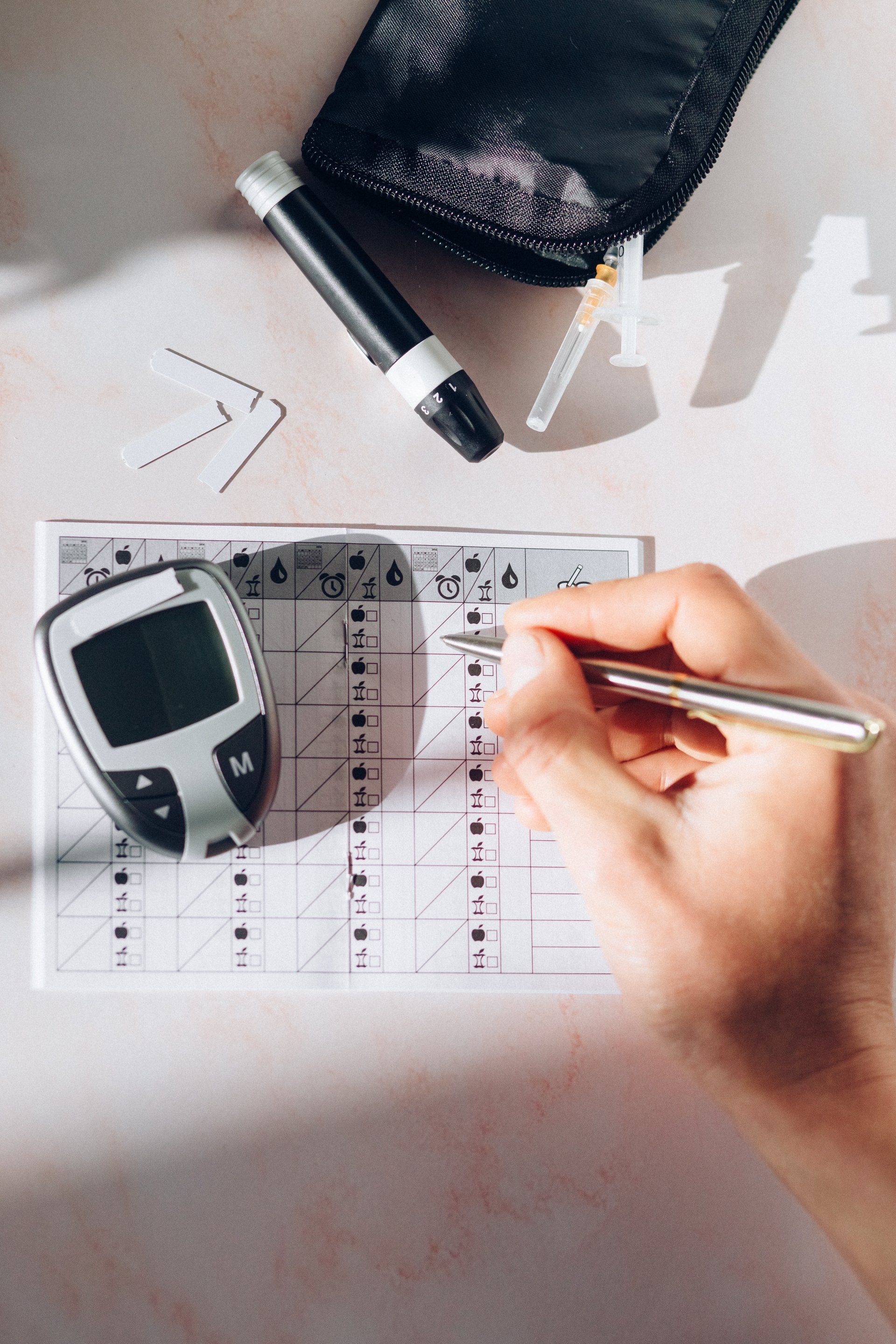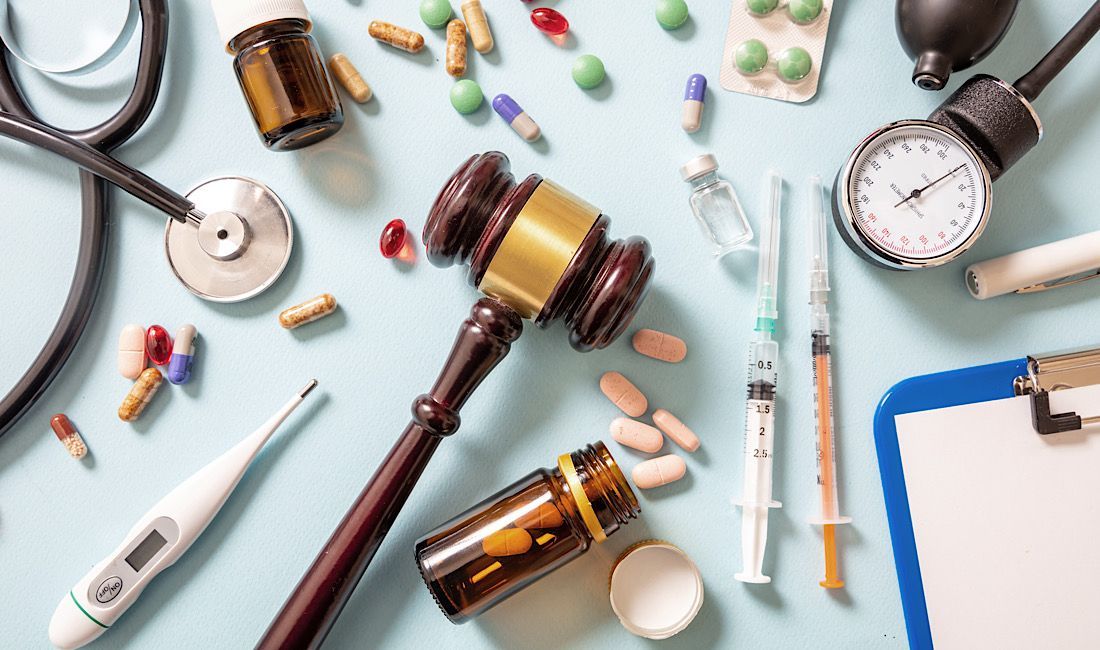Healthcare Awareness: Protecting Yourself from Medical Errors
Empowering Patients in Their Healthcare Journey

Medical errors can happen in any healthcare setting, and they can have significant consequences for patients. Being informed and proactive in your healthcare is essential for minimizing the risk of such errors. This article provides practical advice on how patients can protect themselves from medical errors, enhancing their safety and well-being.
Be an Active Participant in Your Healthcare
The most crucial step in protecting yourself from medical errors is to be an active participant in your healthcare. This means being informed about your medical history, understanding the treatments and medications you are receiving, and not hesitating to ask questions or express concerns to your healthcare providers.
Understand Your Medications
Medication errors are among the most common medical errors. Ensure that you know the names of your medications, their purposes, and the correct dosages. When prescribed new medication, ask your doctor or pharmacist about potential side effects and interactions with your current medications.
Keep Accurate Medical Records
Maintain a personal health record that includes your medical history, current medications, allergies, and past surgical procedures. Bring this information to all medical appointments and share it with your healthcare providers.
Double-Check Surgical Procedures and Tests
If you are scheduled for surgery or significant medical tests, make sure that you and your healthcare team are clear about what is going to be done. Don’t hesitate to confirm the details multiple times, including right before the procedure.
Advocate for Cleanliness
Infections can occur in any healthcare setting. Feel empowered to remind healthcare providers to wash their hands or use gloves, and don’t be afraid to ask about cleaning protocols for equipment and patient rooms.
Bring a Friend or Family Member
Having someone with you during medical appointments or procedures can provide an additional layer of safety. They can help ask questions, remember instructions, and advocate on your behalf if necessary.
Protecting yourself from medical errors involves being informed, proactive, and assertive in your healthcare interactions. By understanding your medications, keeping accurate medical records, double-checking procedures, advocating for cleanliness, and having support during appointments, you can significantly reduce the risk of medical errors and ensure a safer healthcare experience.





